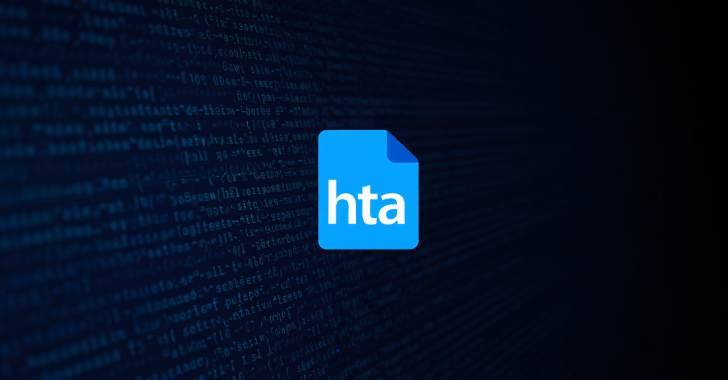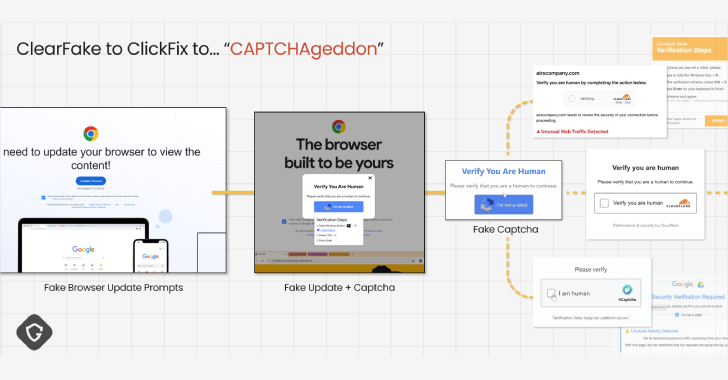
The Key Features of a Strong Privacy Compliance Program
In today’s digital world, privacy has become a growing concern for individuals and businesses alike. With the increasing number of data breaches and scandals, people are starting to demand greater protection for their personal information. This has resulted in the introduction of strict privacy regulations, such as the General Data Protection Regulation (GDPR) in Europe and the California Consumer Privacy Act (CCPA) in the United States. As a result, organizations must prioritize the implementation of a strong privacy compliance program to ensure they effectively protect personal data and meet legal requirements.
A privacy compliance program refers to a set of policies, procedures, and controls put in place by an organization to ensure the proper handling, processing, and protection of personal information. In order to be effective, a strong privacy compliance program should have the following key features:
- Privacy Policies and Procedures: Every organization should establish clear and comprehensive privacy policies and procedures that outline how personal data is collected, stored, processed, and shared. These policies must align with applicable privacy laws and regulations. It’s essential to communicate these policies to employees, customers, and other stakeholders, ensuring everyone understands their rights and obligations regarding data privacy.
- Data Mapping and Inventory: Organizations need a thorough understanding of the personal data they collect, where it is stored, and how it flows within the organization. Data mapping involves identifying all personal data assets, categorizing them, documenting their purpose, and mapping their movement across systems and departments. Having a clear data inventory enables organizations to implement appropriate technical and organizational measures to protect personal data effectively.
- Consent Management: Obtaining and managing valid consent is an integral part of a privacy compliance program. Consent should be explicit, freely given, and informed, and individuals must have the ability to withdraw consent at any time. Organizations should have mechanisms in place to record and manage consent, including capturing the consent, updating preferences, and providing opt-out mechanisms.
- Privacy Impact Assessments (PIA): Conducting PIAs before implementing any new process, technology, or system that involves the processing of personal data is crucial. PIAs help identify privacy risks, evaluate their impact, and develop mitigation strategies. Adopting a privacy-by-design approach ensures that privacy considerations are taken into account throughout the development lifecycle of systems and processes.
- Data Breach Response Plan: Despite the best measures, data breaches can still occur. Organizations should have a comprehensive data breach response plan in place to mitigate the impact of a breach and protect affected individuals. The plan should include clear steps for incident detection, assessment, containment, and recovery. It’s also essential to establish communication channels to promptly inform affected individuals, data protection authorities, and other stakeholders about the breach.
- Staff Training and Awareness: Employees are often the weakest link in data protection. Privacy compliance programs should include regular and comprehensive training for employees at all levels, raising awareness about privacy regulations, best practices, and the importance of protecting personal information. Training should cover topics such as how to handle personal data safely, recognize potential privacy risks, and respond appropriately to data breaches.
- Vendor Management: Organizations often rely on third-party vendors to process personal data on their behalf. Privacy compliance programs should include processes for assessing and selecting vendors based on their ability to meet privacy requirements. Contracts with vendors must contain appropriate data protection clauses, including limitations on data use, data access restrictions, and requirements for secure data disposal.
- Ongoing Monitoring and Auditing: Maintaining data privacy compliance is an ongoing process. Organizations should establish mechanisms for monitoring privacy controls and conducting periodic audits to identify areas of non-compliance or potential vulnerabilities. Regular reviews and assessments help organizations to identify and address privacy weaknesses promptly, ensuring the program remains up to date and effective.
- Incident Reporting and Management: A strong privacy compliance program encourages a culture of reporting and transparency regarding privacy incidents. Employees should feel comfortable reporting any suspected or actual privacy breaches and have clear channels to do so. Organizations must implement processes for investigating and managing reported incidents, ensuring that appropriate actions are taken to prevent recurrence.
- Accountability and Governance: Organizations must establish a clear governance structure and assign responsibilities for privacy compliance. Designating a data protection officer (DPO) or a privacy officer can help ensure effective coordination and oversight of privacy efforts. Engaging senior management in privacy programs highlights the organization’s commitment to data privacy and fosters a culture of accountability throughout the organization.
In conclusion, having a robust privacy compliance program is essential for organizations to protect personal data, meet legal obligations, and maintain customer trust. Key features include privacy policies and procedures, data mapping, consent management, privacy impact assessments, a data breach response plan, staff training, vendor management, ongoing monitoring and auditing, incident reporting and management, as well as accountability and governance. By prioritizing privacy compliance, organizations can ensure that personal data is handled with care and respect, demonstrating their commitment to privacy and data protection.
Contact Cyber Defense Advisors to learn more about our Privacy Compliance solutions.





